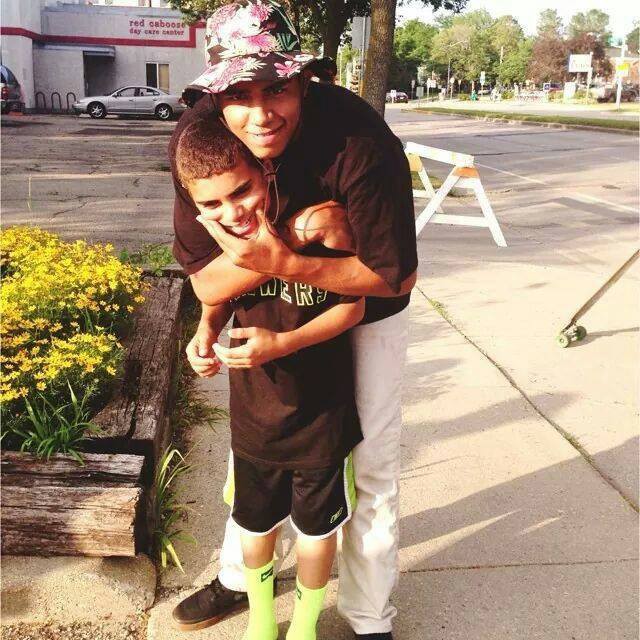Many of us have been victims of criminal conduct. Many of us have also been done wrong or treated poorly.
I certainly have. I have been robbed at gunpoint, burgled, I’ve had my identity stolen, property stolen and damaged. I’ve been cheated and swindled. I have been wronged.
Sometimes authorities have apprehended the people responsible for such conduct.
When they have, depending on the crime, I wanted them arrested. I wanted them charged. I wanted them found guilty and sentenced to a time of incarceration I felt was appropriate. What the law said was a legal disposition was not dispositive, I wanted them to be punished in accord with my own desire for retribution. Anything less would be a travesty.
This need to see proportionate punishment administered for wrong doing is what we know to be justice.
When justice works the right way, the way we want it to work, then it is a good thing. When those who have done us wrong are discovered and punished, it is a good thing.
It is justice.
But, what about when someone does wrong and is not discovered or brought to justice, as it were? We have all been in this place. We call this place injustice.
In the Christian context, there are many understandings of justice and injustice. There are at least three Hebrew words to describe justice as we know it, and at least two Greek terms that encompass justice as we understand it.
God certainly values the kind of Justice we can only get in court. But, God also understands justice another way.
The clearest and most holistic words for justice comes in the Hebraic term shalom, which means both “justice” and “peace.”
Shalom includes “wholeness,” or everything that makes for an individual’s well-being, security, and, in particular, the restoration of relationships that have been broken.
Justice, therefore, is about repairing broken relationships both with other people and to structures — of courts and punishments, money and economics, land and resources, and kings and rulers. It is always achieved in a social, communal context.
Injustice, naturally, is the opposite. It occurs when there are broken relationships and when people in this world do not whole before God, and there is no attempt to reconcile this.
Everyday a woman goes to work and earns less than her male counterparts, she experiences injustice. Every time a young Black or Latino is pulled over for no other reason than the color of his skin, they experience injustice. Every time, the poor and marginalized are, well, marginalized, it is injustice.
And what then do we say about this injustice? How do we respond to injustice? Well, Dr. Martin Luther King inculcates in his “Letter From a Birmingham Jail” that “injustice anywhere is a threat to justice everywhere.”
So, if King is right, if injustice anywhere is a threat to justice everywhere, then it must be addressed.
As humans, we have a need to see justice; we can’t stand to suffer an injustice ourselves, and we do not like see others face injustice either. Sometimes.
In Amos 5, a scripture used heavily by Dr. King, it offers God’s perspective on justice and injustice.
The profit Amos was the earliest of the minor profits, so called not because they were “minor” figures, but because of their short texts.
Before God called Amos, Amos was a shepard and fig tree grower. He was living in a southern providence of Israel (they were two separate kingdoms). He made his prophesies about the northern piece of Israel.
The northern kingdom had acquired a great deal of land and resources by partnering with other alliances.
There was a small class of people within the kingdom who were very, very wealthy at the expense of the very, very poor. They misused and mistreated the poor. They made these individuals pay unfair taxes, gouged them financially. And the poor felt they were treated unjustly.
And this went on for decades and they wondered who would rescue them from this injustice… or if anyone saw their injustice at all. They were suffering and broken. They cried out to the Lord.
And along comes Amos. He makes prophetic statements skewering the injustice in the kingdom of Israel.
He does so when the northern kingdom was prosperous. He said that the entire system will crumble and see dark times because of their injustice and their treatment of the poor and marginalized. He prophesies that the Lord has seen all of their injustice and will deal with them.
And he told the kingdom officials to let justice flow freely to everyone — that everything done on earth must be about creating and achieving justice.
As we prepare to celebrate the life and legacy of Dr. King, and as we meditate on the Creation, we must reflect on the injustice that has occurred in this world, this state, and even in this city — from Trayvon to Sandra Bland to Tony Terrell to the marginalization women, people of color and the LGBTQ communities face daily. We wonder if there is anyone who will hear and address our injustice.
This passage gives us hope that the Creator will hear us.
God defines injustice. God sees the injustice. God the Creator Spirit will act on the injustice.
And there will be justice for all.




























